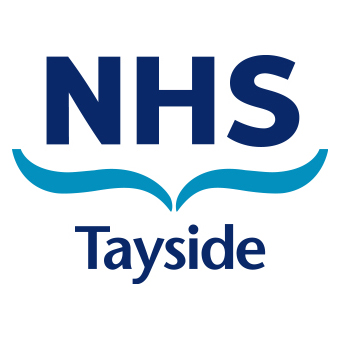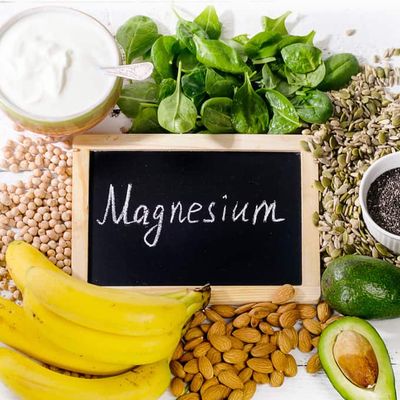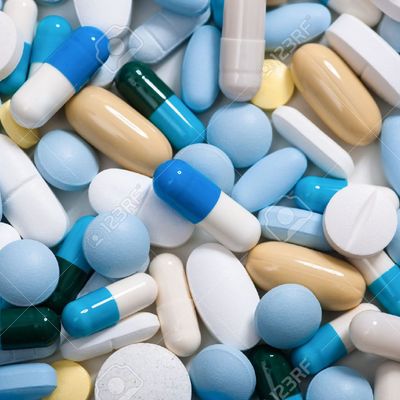

Low Magnesium and Cancer






Magnesium and Cancer
It is not uncommon for your magnesium level to drop as a result of some cancer treatments.
What is magnesium and what does my body need it for?
Magnesium is a mineral used by the body for functions including;
- Immune system
- Bone health
- Muscle and nerve function
- Maintaining blood pressure and heart rhythm
Magnesium also helps your body to use energy and protein from your food and drinks.
What are some of the causes of low magnesium?
Some chemotherapy drugs can change the way your kidneys function. Your kidneys may let go of too much magnesium in your urine or not reabsorb enough. This makes it difficult to maintain a magnesium level within normal limits.
You may have heard of the term hypomagnesaemia. This is the medical term used to describe a low magnesium level in the blood.
Other factors that can lead to low magnesium include;
- Sickness
- Diarrhoea
- Reduced eating and drinking
- Malabsorption
- High output stoma
What can my healthcare team do about it?
The management and treatment of a low magnesium level can vary between individuals depending on the cause and also your blood magnesium level.
- You may have blood tests to check your magnesium level
- You may be offered supplementation to increase your magnesium level. These are available in different forms;
- Intravenous (IV) supplementation
- Oral medication
What can I do about it?
The management and treatment of a low magnesium level can vary between individuals depending on the cause and also your blood magnesium level.
Click through the scenarios below to find out what to do in your situation.

I am eating and drinking well and regularly having foods containing magnesium
If you are receiving a platinum-based chemotherapy treatment, changes to your diet may not improve your magnesium level.
Your magnesium level should return to normal when your treatment ends.

I have lost my appetite and I don’t have a regular eating pattern
If you are receiving a platinum-based chemotherapy treatment, changes to your diet may not improve your magnesium level. Your magnesium level should return to normal when your treatment ends.
You may still wish to include foods containing magnesium in your diet;
- Green leafy vegetables (spinach, green beans, kale, okra)
- Peas, beans and pulses
- Meat and fish
- Nuts (peanuts, cashew nuts, brazil nuts)
- Wholegrains (oats, barley, rye, quinoa, cereals, brown or seeded bread, wholewheat pasta, brown rice)
Visit the A-Z of symptoms section on our website to find more information to help you to eat and drink better.

I have been prescribed a magnesium supplement
Continue to take any medication as prescribed.
Diarrhoea can be a side effect of some oral magnesium medication. Discuss this with your healthcare professional if this is problematic for you.
